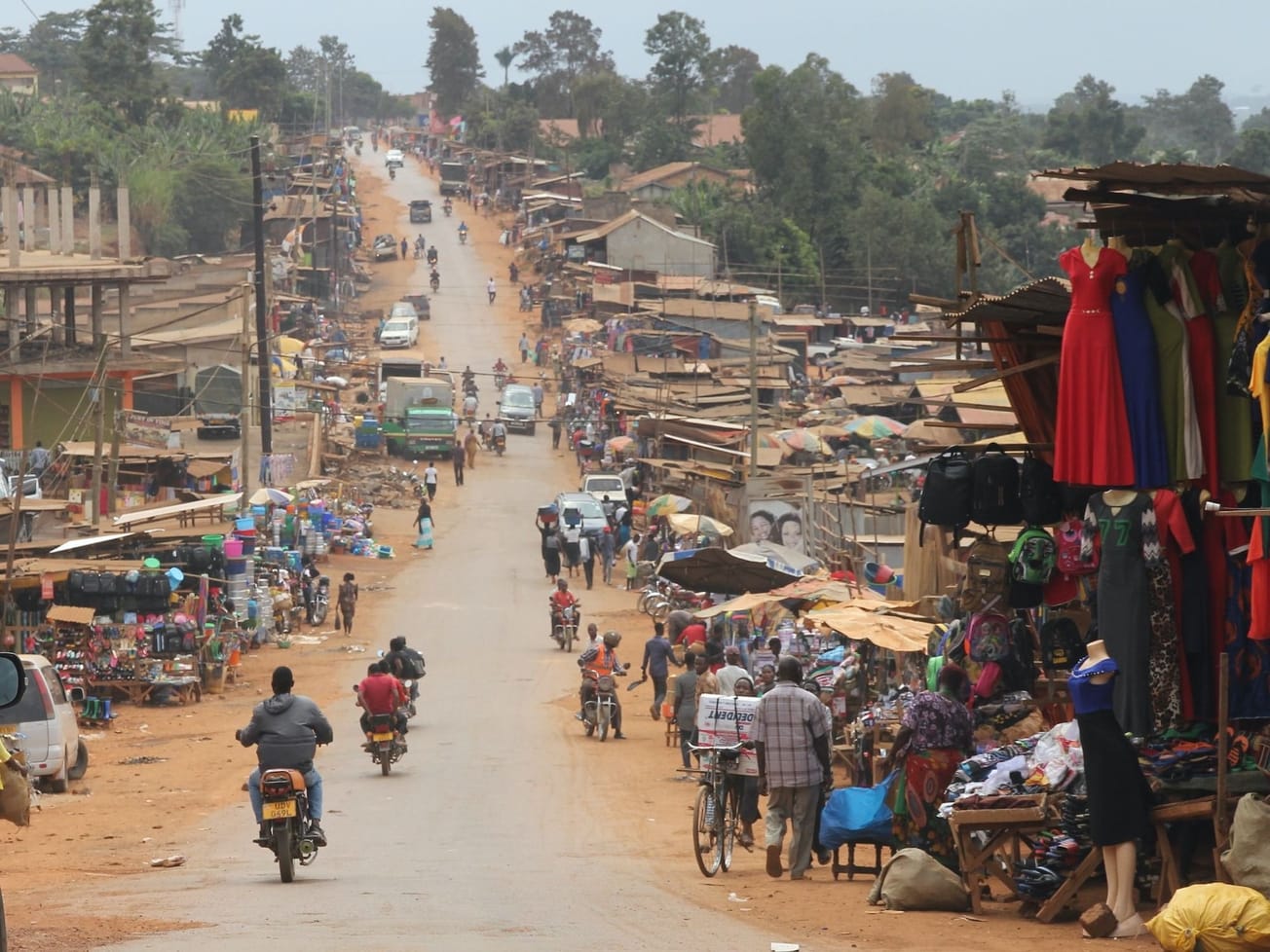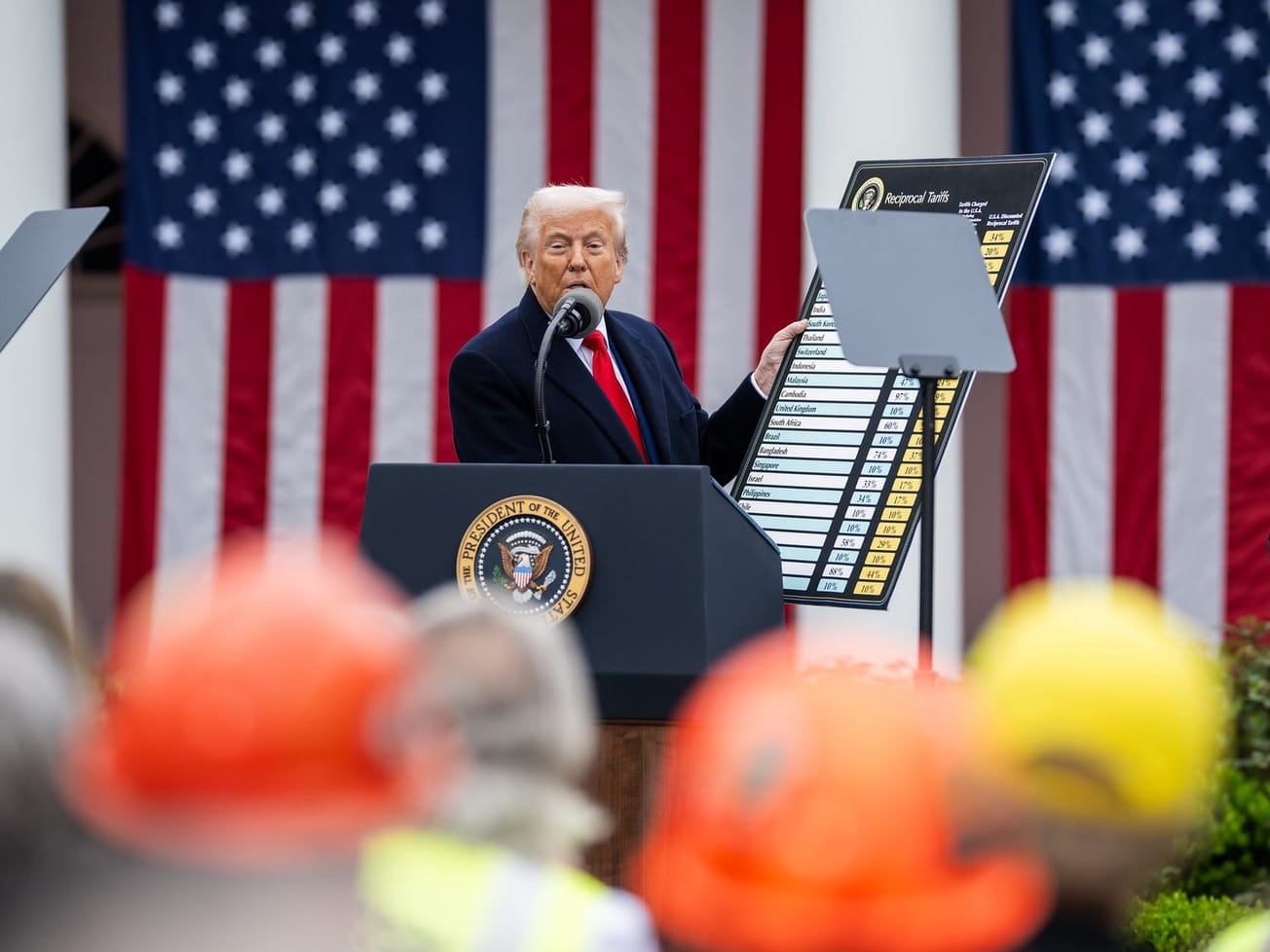The outbreak of a new Middle East war cast a long shadow over demands for some of the world's biggest financial institutions to boost aid and relief for African nations grappling with conflicts, climate and debt burdens.
The amount of debt relief is insufficient despite some "positive momentum toward multilateral bank reform" at the Morocco-hosted World Bank and International Monetary Fund meetings that ended on Sunday in Marrakech, said U.N. Development Program Administrator Achim Steiner, who urged far more investment to tackle poverty and protect the planet.









